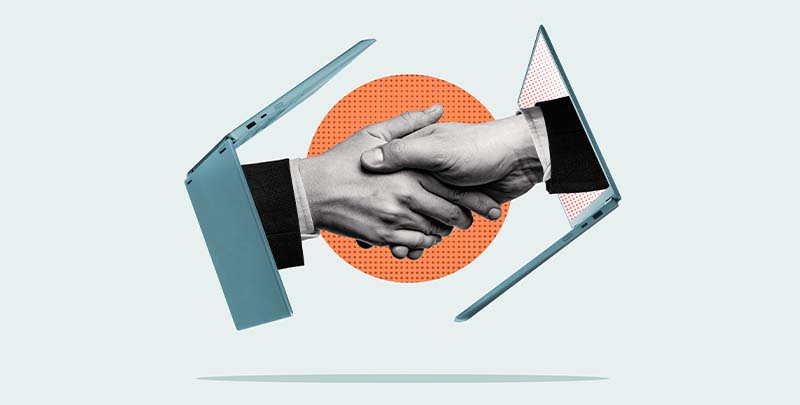Apply for Credit Card!
Managing Credit Card debt can be challenging, especially when you struggle to make payments. In such cases, Credit Card settlement can offer relief by allowing you to negotiate a reduced lump sum payment with your issuer. But what is Credit Card settlement, and how does it work?
What is Credit Card settlement?
Credit Card settlement is an option for individuals facing financial hardship and unable to repay their full Credit
Card debt. For example, if you have an outstanding balance of ₹1,00,000 but cannot make regular payments, you
can negotiate with your issuer to settle the debt for a lower amount. In this case, the issuer may agree to accept
₹90,000 as a lump sum, waiving the remaining ₹10,000. This process reduces your financial burden by allowing you to
pay a portion of what you owe. However, it requires careful negotiation with the Credit Card issuer to finalise the
settlement terms.
Credit Card debt settlement process
Credit Card settlement is an agreement with your Credit Card issuer to
resolve your debt by paying a reduced amount.
The process involves negotiating a lump sum payment less than the total balance, either on your own or with a debt
settlement company. Once an agreement is reached, it should be documented in writing to avoid future disputes. You
then make the agreed payment by the specified date, and the issuer will report the settlement to the credit bureaus,
marking your credit report as "settled" or "settled for less than the full amount."
Credit Card settlement effects on credit score
Settling a Credit Card debt for less than owed, results in a negative mark on your credit report, significantly
lowering your score and reducing your creditworthiness.
Future lenders may view you as a higher-risk borrower, making it harder to obtain loans or credit. Although the
negative impact can last several years, it diminishes over time with responsible credit management.
Credit Card settlement: Should you opt?
Credit Card settlement provides immediate relief from unmanageable debt but negatively impacts your credit score and
future creditworthiness. Carefully weigh the short-term benefits against the long-term consequences before deciding.
Additionally, consider alternative debt management strategies that may offer a more balanced solution.
Alternatives for managing Credit Card debt
Debt consolidation involves combining multiple Credit Card debts into a single loan with a lower interest rate.
Credit counselling agencies can assist with this by negotiating with creditors to lower rates or waive fees. They
can help create structured plans where you make a single monthly payment to the agency, which then distributes the
funds. Additionally, repayment strategies like the snowball method (paying off smallest debts first) or the
avalanche method (paying off highest interest debts first) can systematically reduce debt.
Axis Bank's Personal Loan can help consolidate your debts into one
manageable payment. Axis Bank offers Personal Loans up to ₹40 lakh, with interest rates starting at 10.99% p.a. and
flexible repayment periods up to 84 months.
Also Read: How to pay Credit Card
bill with another Credit Card?
Wrapping up
Understanding Credit Card settlement and its process is crucial if you're facing financial difficulties. While it
offers a way to reduce your debt, it also has long-term effects on your credit score. If you decide to proceed with
the settlement, ensure you have a clear plan to rebuild your credit afterwards.
FAQs
What happens if I settle a Credit Card outstanding balance?
You pay a reduced lump sum, and the debt is marked as "settled" on your credit report, negatively impacting your
score.
Is it good to take a Credit Card settlement?
It offers immediate relief but significantly impacts your credit score and future creditworthiness.
What is the Credit Card settlement process?
Negotiate with your issuer to pay a reduced lump sum, make the payment. The settlement is then reported to credit
bureaus.
Is it okay to opt for a Credit Card settlement if I am not able to repay the debt?
It can be a last resort if you can't repay the debt, but it negatively impacts your credit score.
Can we improve our credit score after settlement?
Yes, by making timely payments, reducing debt and avoiding new credit.
Disclaimer: This article is for information purpose only. The views expressed in this article
are personal and do not necessarily constitute the views of Axis Bank Ltd. and its employees. Axis Bank Ltd.
and/or the author shall not be responsible for any direct / indirect loss or liability incurred by the reader
for taking any financial decisions based on the contents and information. Please consult your financial advisor
before making any financial decision.








